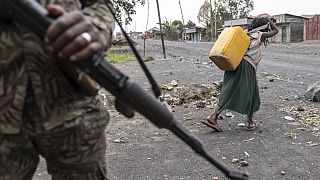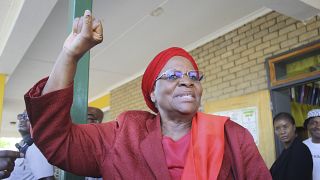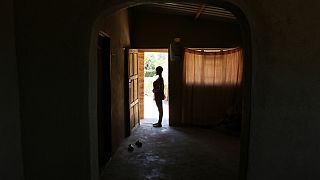Djibouti
Women clutching handbags stashed with dollars, euros, Saudi riyal and Indian rupees in Djibouti are a common sight on the busy streets of this East African nation.
These women help refugees from Yemen, foreign traders or Ethiopian truck drivers exchange forex.
The money changers are keeping the informal economy going. Medina, who only gave her first name, estimated she held the equivalent of one million Djiboutian francs, or $5,600/ €4,700 in multiple currencies.
"It’s a decent job, it's better than being jobless. You work to earn a living for your children. When you sit here you have a cash flow, you don't need to beg from anyone, but working on your own", Medina told AFP.
The informal sector drives around two-thirds of economic activity in Djibouti, according to the Djibouti Center for Studies and Research.
Those engaged in the sector are mostly women. They see this as an honest way to earn a living.
"In 90% of cases it is better to change with them than change at the bank. They are looking for a little bit of a livelihood to help their families and they are helping us to exchange money", Faiza, a khat seller said.
The money changers have clientele that includes Djibouti businessmen heading abroad for work, foreigners and tourists.
"We are aware of the exchange rates because our bank gives us this sheet. It's free, it's through this sheet that we know the exchange rates", said money changer, Noura Hassan.
Customers and traders say that economic life would be hardly hit without the money changers in this country of just under one million inhabitants.











00:49
Biden arrives in Angola for his long-awaited sub-Saharan Africa visit
01:06
Will Biden's visit to Africa align with Trump's vision?
01:48
Angola railway strategically key to US economy - Analyst
01:37
UN femicide report says home is the most dangerous place for women
11:07
Botswana's new government races to diversify its economy {Business Africa}
11:07
Benin: Tapping the potential of luxury tourism [Business Africa]